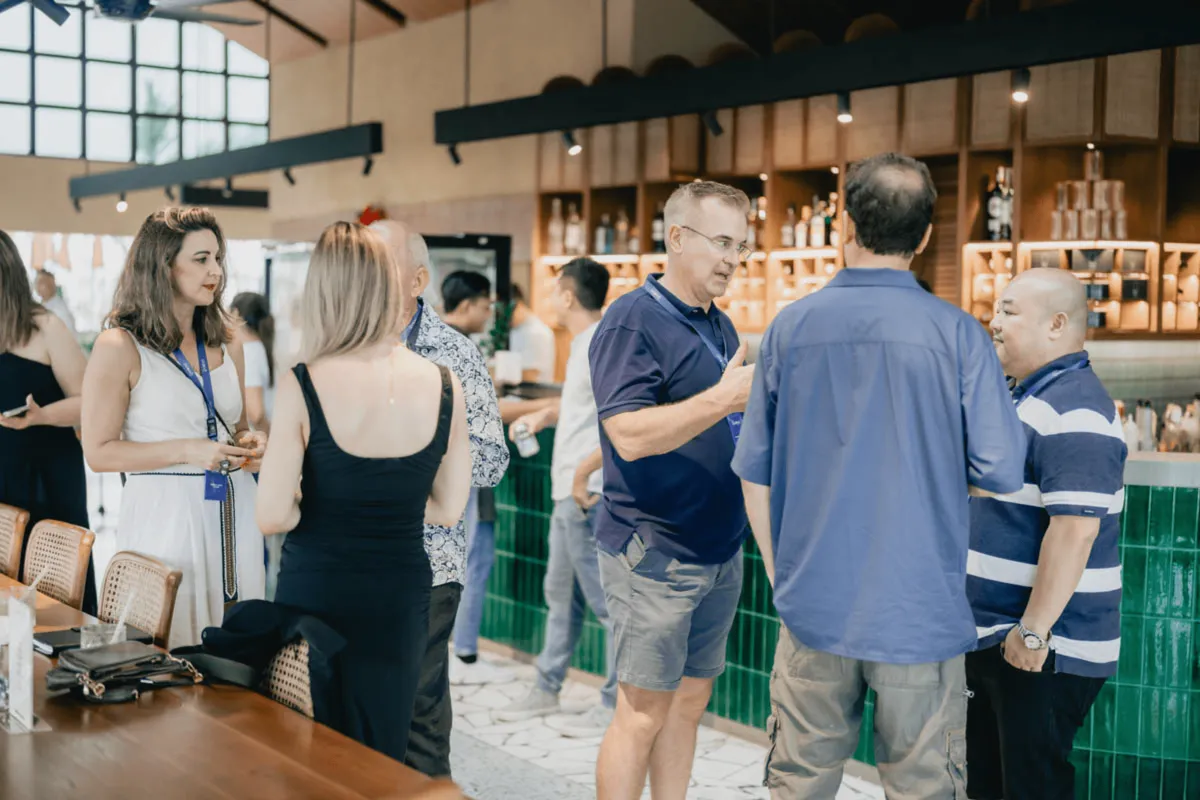
From Zero to 29%: The Rise of Australians Owning Villas, Resorts & Hotels in Bali
Not long ago, the idea of Australians owning villas or resorts in Bali was seen as something only a handful of well-connected expats could manage. Fast forward to 2025, and Australians have become the single largest foreign group investing in Bali property—accounting for nearly one in three property purchases. The journey from “almost none” to a sizeable share tells a fascinating story of lifestyle, affordability, and opportunity.
The Early Days: Curiosity, Not Investment
In the 1980s and 1990s, Bali was mostly about surfing trips, yoga retreats, and long holidays. Australians loved visiting, but investing in property wasn’t on the radar for most. Indonesia’s property laws limited direct ownership, and only a handful of adventurous Australians set up small-scale hospitality businesses.
2000s: The First Wave of Villas
As Bali tourism grew rapidly in the early 2000s, villas started replacing traditional bungalows as the preferred accommodation style. This shift sparked the first wave of Australian investors, many of them creative entrepreneurs and hospitality professionals.
They used long-term leasehold agreements or set up PT PMA companies (foreign-owned companies) to legally hold property and operate rentals. It was still niche, but word began spreading: Bali was not only a great place to holiday but also a place where property could generate strong returns.
2010–2020: Building Momentum
The 2010s saw Bali’s tourism market grow, with Australians at the front of the wave. Resorts in Seminyak, beach clubs in Canggu, and boutique hotels in Ubud attracted not only tourists but also investor interest.
By this time, Australians were becoming known in the market as serious buyers of villas, resorts, and boutique hotels. While still far from a majority, industry insiders estimated that around 10–15% of foreign buyers were Australian during this period.
Case Study: An Australian couple from Perth leased land in Canggu in 2014, built a four-villa complex, and turned it into a thriving short-term rental business. Within five years, they had achieved occupancy rates of 80% and expanded into managing other villas for overseas investors.
2021–2025: The Surge to 29% and Beyond
The pandemic reshaped global travel—but as soon as Bali reopened, Australians were the first to return. In 2025, Australians accounted for around 29% of villa buyers, making them the single largest nationality group.
Several factors explain this surge:
Affordability: Property investment in Bali is still far cheaper than beachside property in Sydney or Melbourne.
High yields: Rental returns in their double digits outpace most Australian markets.
Lifestyle: A mix of surf, wellness, and dining culture continues to draw Australians seeking both holiday homes and investment opportunities.
Fractional ownership: New ownership models allow groups of Australians to buy shares in villas, hotel rooms or boutique resorts, making entry more accessible.
Case Study: A young Australian couple in their 30s, invested in property in Bali through a fractional ownership at the entry point of 25% for $195,000 AUD. They stay in it for holidays and earn consistent rental income by being professionally managed when they’re not there. For them, it’s part investment, part lifestyle upgrade.
Beyond Villas: Resorts and Hotels
It’s not just villas. Australians are increasingly involved in boutique resorts and hotels.
Case Study: An Australian woman in her 50s fractionally invested in the ELLE Resort & Beach Club, Bali at the 5% entry point, $65,000 AUD for multiple income stream returns during their retirement, not only from fractional property ownership, but also receiving a cut of profits from hotel and beach club operations as a resort investor.
The Road Ahead
From near-zero in the 1990s to around 29% of foreign property buyers today, Australians have carved out a major role in Bali’s property market. The growth shows no signs of slowing, especially as fractional ownership and digital platforms make investment more accessible.
Looking ahead, Australians are likely to remain the dominant foreign group in Bali property ownership, shaping the island’s villa, resort, and hotel landscape well into the future.
The Bottom Line
The rise of Australians in Bali property is more than just a numbers story—it’s a narrative of lifestyle meeting opportunity. What started as a trickle of adventurous investors has become a wave that now defines the island’s foreign buyer market.
For Australians considering their first villa or hotel investment in Bali, the message is clear: the opportunity is real, the returns are strong, and the pathway has already been paved by thousands of successful investors before you.
Discover money management investment secrets and more information on the ins and outs of Bali property investment by accessing our educational video content.
Head to our main website to get started: balipropertyinvestment.com.au
